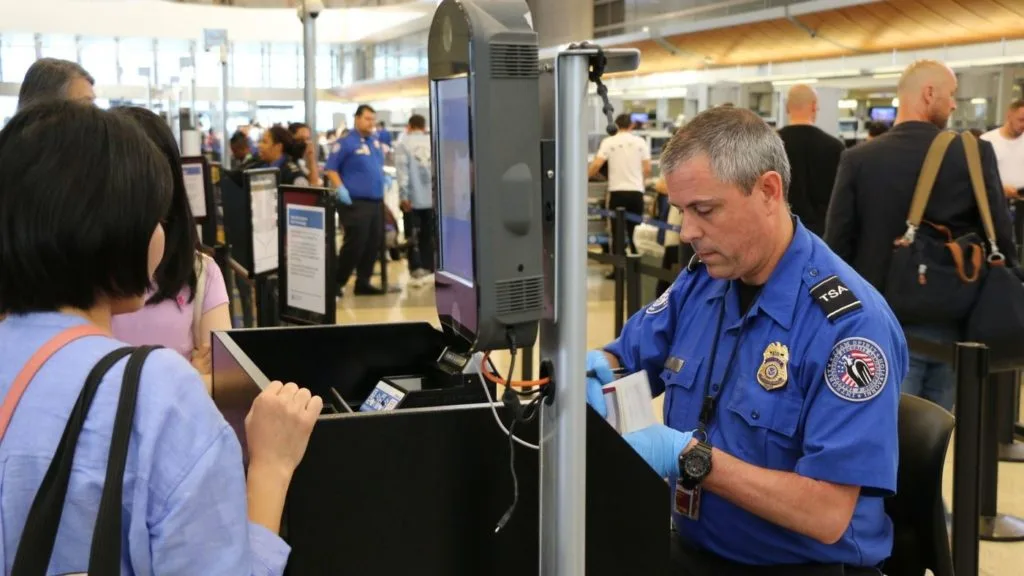I’m starting to think a full-scale, nationwide compulsory digital ID won’t ever be a thing. Not officially, anyway. Not for quite a while.
It’s a vibe I feel coming off the news that gels more with the current methodology – the indirect authoritarianism of the easier path. Piecemeal tyranny washed in on waves of convenience.
According to a 2023 report (which resurfaced last week for some reason), in the near future, British citizens will likely need electronic “Carbon Passports” to travel. These will be digital documents that track and limit your travel based on carbon emissions.
During Covid, digital “vaccine passes” were needed to differentiate those who had been vaccinated from those who had not. If and when another “pandemic” rolls around, they will be used again.
From the end of this year, British driver’s licenses will be digital and accessed through the government’s wallet app. In the future, your road tax will be paid via GPS tracking of your car, linked to your driver’s license.
Late last year, the government began replacing previous immigration documents with “eVisas”, a process which is due to complete before the end of 2025.
The Online Safety Act has brought in widespread age verification online. Wouldn’t that be so much easier if we had a government app, like the one being trialled in the EU, which verifies your age “whilst keeping all other personal information private”?
In short, even before we officially have the infamous Digital ID, every interaction with the state is being digitised via an app on your phone, which you likely carry around with you all day, every day.
It must be taken entirely on trust that the app which tracks your international travel, the app which tracks your car, the app which tracks your taxes, the app which tracks your immigration status, the app which tracks your health records and the app which verifies your age are all entirely separate.
Do you truly believe they are?
The fact of the matter is that, in one form or another, every proposed usage of digital ID scheme either already exists or will do so in the near future.
The only reason to formally unify it into a single mandatory ID badge would be normalisation, a watermark transformation of the mental and emotional relationship between citizen and state.
I’m beginning to think we will have digital ID – brought in a little at time – for years before anyone in power decides to call it by its true name
And they won’t do that until they’re asked.
Starmer’s proposed national ID scheme may be theatrically scrapped, a development which could be sold as a massive win for human rights even while the digital ID infrastructure remains.
In the intervening years, the performatively “separate” apps and trackers and forms will be plagued by much-publicised “inefficiencies”, which columnists will complain “cost the taxpayer millions in the name of mythical privacy”. Campaigns will call for “a more unified digital system” which “boosts interdepartmental communication” in the name of “increasing efficiency and cutting administration costs”.
…And then they’ll pull back the curtain, and announce the “streamlined” digital identity service, which will have existed for years but never been acknowledged.
But maybe I’m wrong. It could be the introduced tomorrow.







